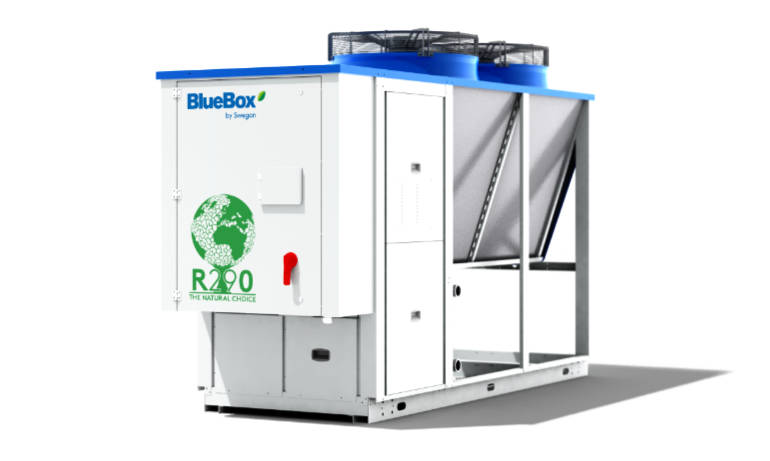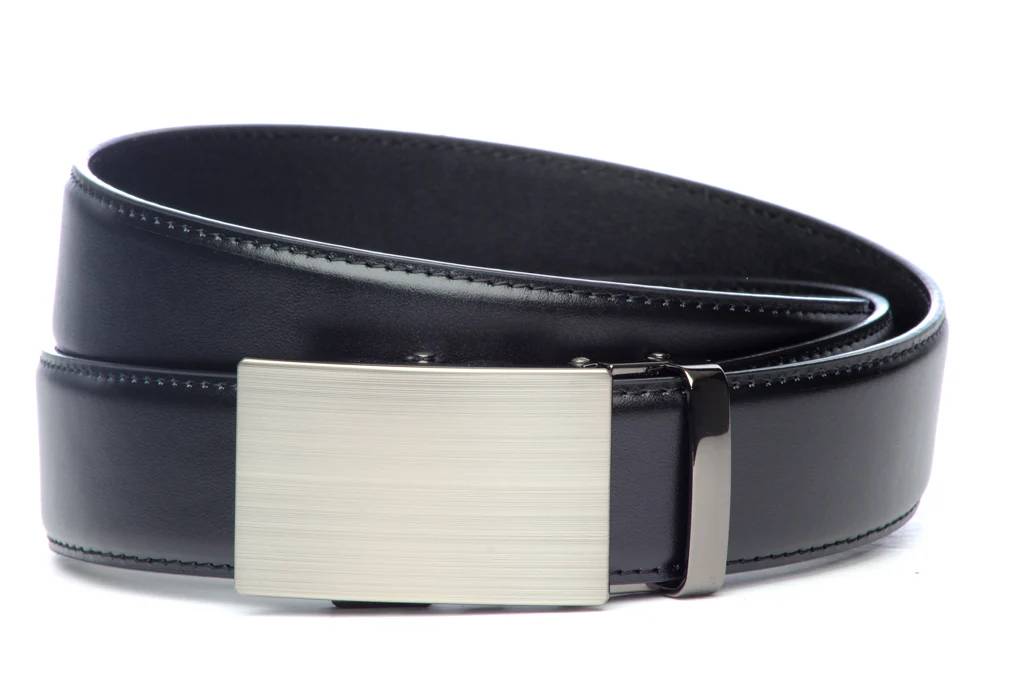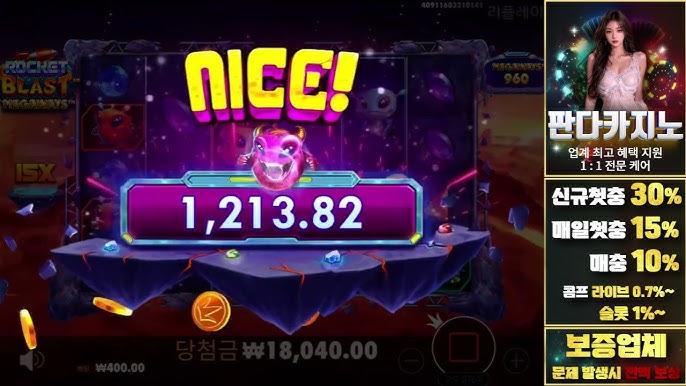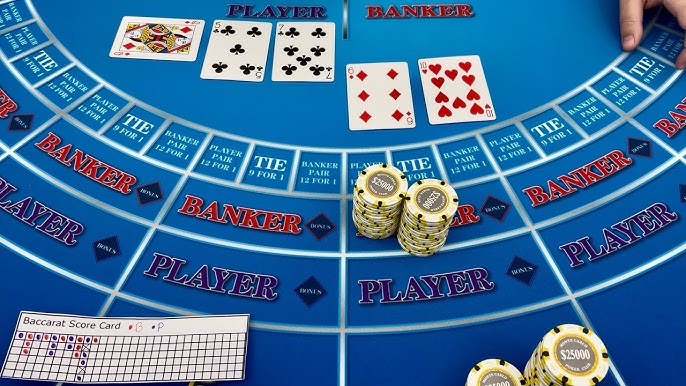
In a recent development, U.S. President Donald Trump referred to the $550 billion investment pledged by Japan as “our money,” asserting that the United States is free to deploy those funds as it sees fit. This statement comes as Ryosei Akazawa, Japan’s chief tariff negotiator, returned to Washington to discuss the agreement reached between the two countries.
The deal, struck in July, involves Japan’s commitment to invest in the U.S. in exchange for reduced tariffs on Japanese goods, including automobiles. However, Akazawa emphasized that Japan’s cooperation is contingent upon mutual benefits, particularly in areas such as supply chain development tied to economic security. He stated that Japan cannot cooperate on initiatives that do not benefit the country.
During his visit, Akazawa aims to press U.S. officials for the swift implementation of the agreed tariff cuts and seek clarity on the issue of “stacking” tariffs, noting that Japan was excluded from the “no stacking” provision applied to the European Union. He called for the U.S. to honor the original terms of the deal as discussed.
The differing perspectives on the investment have raised concerns about the future of the trade agreement and the potential implications for U.S.-Japan relations. As discussions continue, both nations will need to navigate these differences to ensure the success of the agreement and maintain a strong bilateral partnership.





